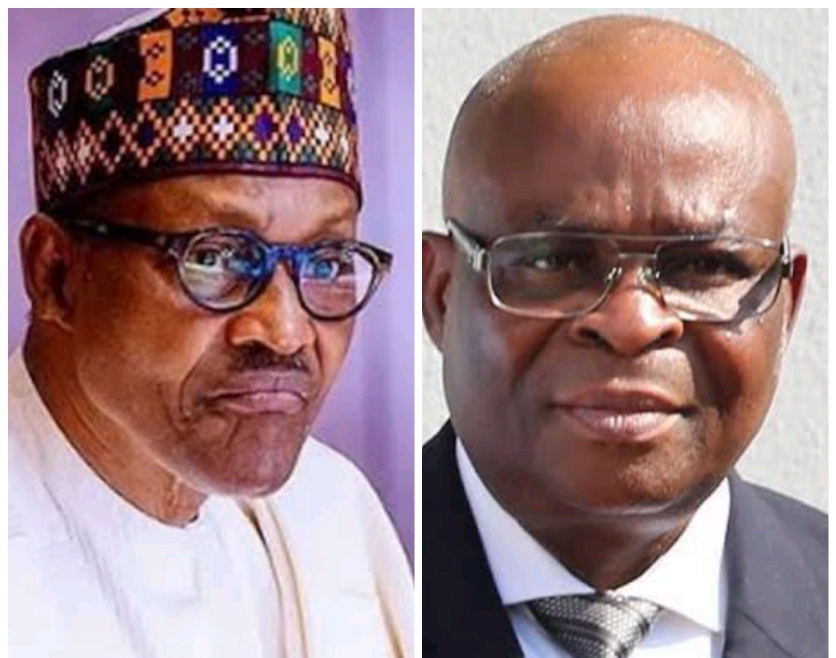The recent acquittal of Justice Walter Onnoghen by the Court of Appeal has reverberated throughout Nigeria’s legal and political spheres. Onnoghen, who was controversially removed as Chief Justice of Nigeria in 2019 over allegations of false asset declaration, had his conviction overturned by the appeal court, which found the charges unfounded.
According to Vanguard, Chief Edwin Clark, a respected Nigerian elder statesman, responded positively to the ruling, commending the Chief Justice of Nigeria for ensuring a fair trial process. Clark specifically praised the impartiality of the court in overturning what he regarded as an unjust verdict. He expressed that the ruling restored justice to Onnoghen, who had faced years of legal and public battles over the charges. For Clark, this acquittal served as a reaffirmation of the judiciary’s role in upholding fairness, irrespective of external pressures.
In his public statements, Clark emphasized the critical need for judicial independence, particularly in high-profile cases involving influential figures. He argued that Onnoghen’s case represented a miscarriage of justice, one that has now been rectified by the appeal court. Clark expressed optimism that the judgment would set an example for future cases, ensuring that the judiciary remains free from undue political interference and continues to uphold its integrity.
Clark’s criticism also extended to the actions of former President Muhammadu Buhari, whom he accused of using political tactics to influence judicial decisions. Clark recounted how Buhari had allegedly rewarded justices who had favored him in the 2011 elections by appointing them to high-profile diplomatic positions. He referenced the appointment of a retired Supreme Court justice to a prestigious role in London as an example of how political motivations could distort justice and undermine the independence of the judiciary.
According to Clark, the reward system that seemed to follow favorable judicial decisions during Buhari’s tenure was seen by many as a way of securing loyalty rather than ensuring the integrity of the judiciary. This, Clark argued, further contributed to the erosion of trust in the judicial process, especially in politically sensitive cases like Onnoghen’s.
In his remarks, “The story was different in the case of the third Supreme Court Justice, who voted for President Buhari; he allowed him to rise to the post of CJN but he saw that, that was not good enough for him because if Justice Onnoghen was to remain the CJN, the mess and mischievous things they wanted to carryout during the Presidential election in 2019, Justice Onnoghen will not accept it and the best thing was to remove him and this was the secret plan between President Buhari and his Attorney General and Minister of Justice, Abubakar Malami.”

